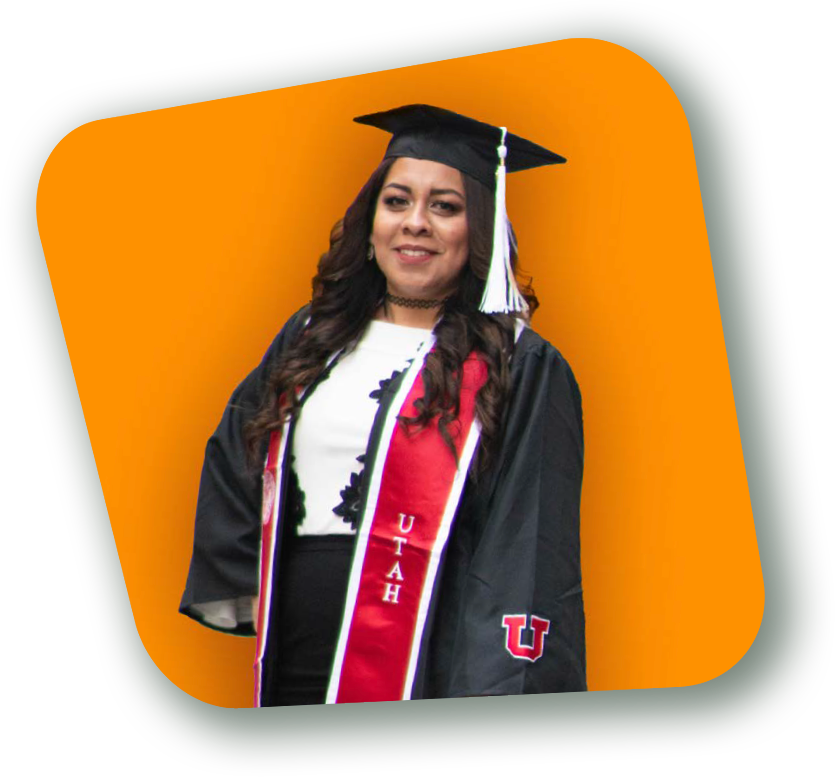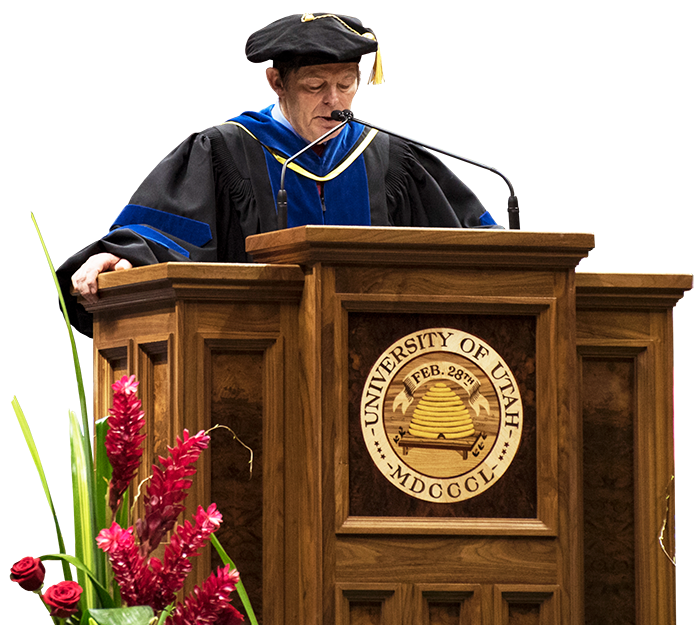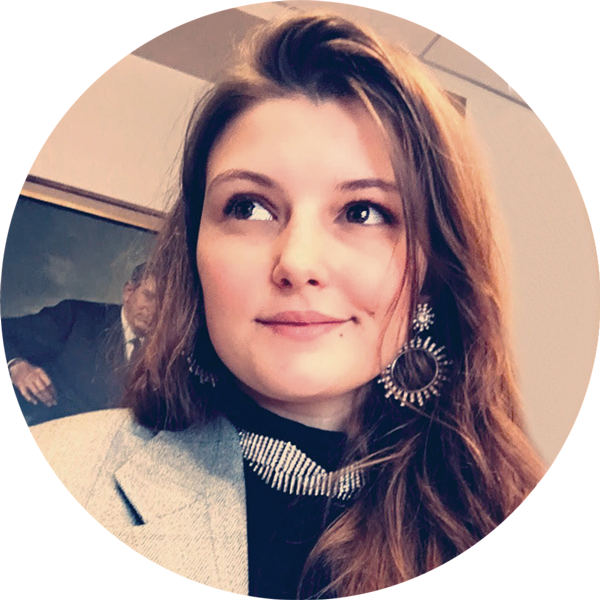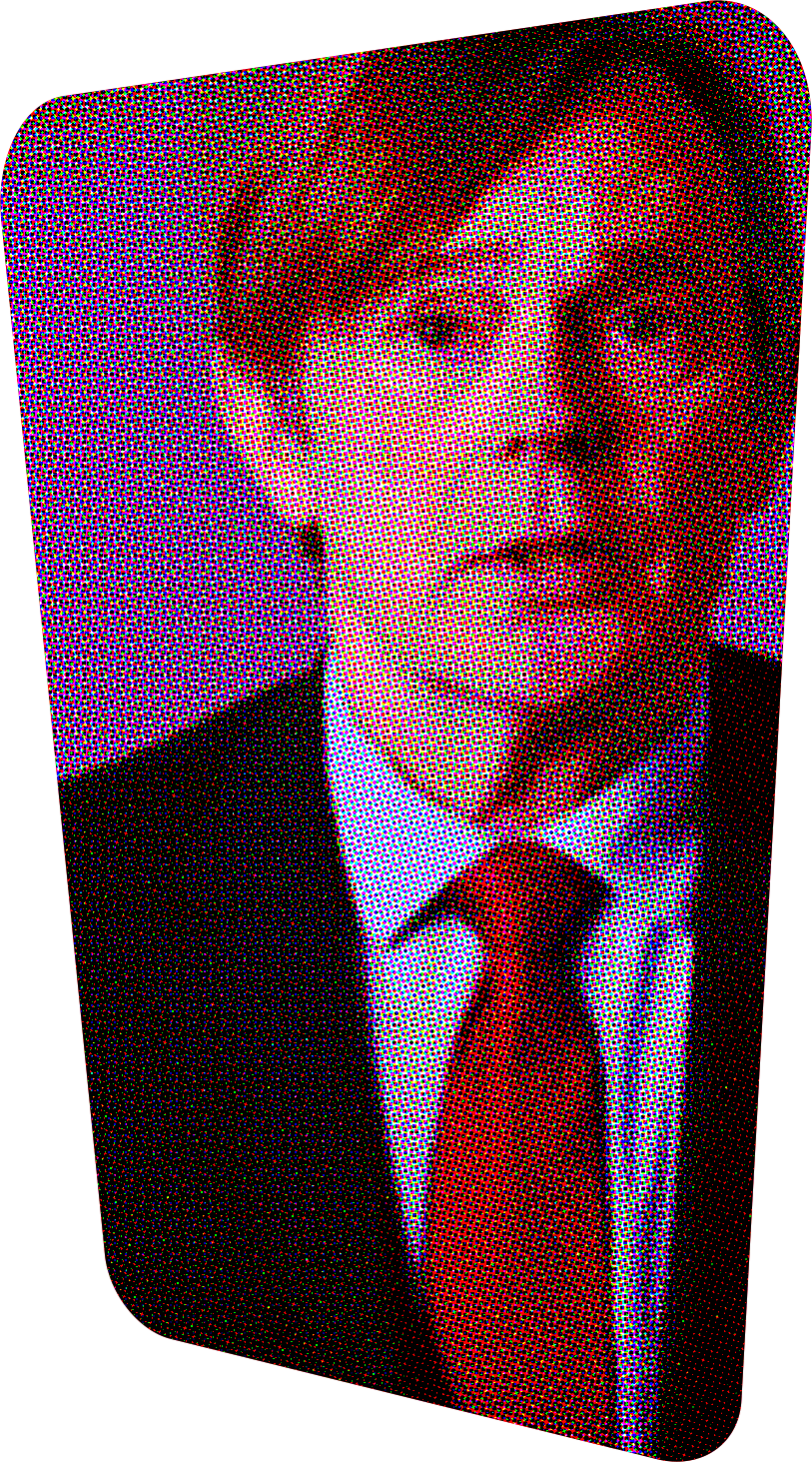Commencement Goes Virtual
In spring 2020, when all events at the University of Utah were cancelled due to the COVID-19 outbreak, perhaps those most disappointed were the graduating students. After years of hard work, studying, writing and researching, they didn’t get the final celebration they so deserved. They didn’t get to walk across the stage as their family and friends cheered, they didn’t get to accept their diploma from the dean and they didn’t get to shake hands or hug their favorite professor for the final time. In an effort to celebrate humanities’ students, the college created a way to virtually acknowledge the graduating class of 2020. Professors submitted videos of congratulations, the dean and student speaker gave pre-recorded speeches, each student’s name was posted and many awards and accomplishments were acknowledged. Although nothing could replace marching through campus behind a pipe band, gathering into the Huntsman Center while Pomp and Circumstance played over the loud speakers and loved-ones shouted from the stands, hopefully students felt recognized and celebrated for their accomplishments.


Message from the Dean
Stuart Culver shared some words of encouragement and congratulations with our graduates:
“Graduations and in particular college convocations are not meant for social
distancing. They are times for handshakes and hugs, farewells to cherish friends,
and congratulations from proud family members. You may be your family's first college
graduate or following in the footsteps of others, but all of you have worked hard
and under difficult circumstances the last few weeks to get across that finish line.
Of course, this year you've left the campus itself some weeks ago. Some of you
will be returning to or starting jobs very soon. Others will be attending graduate
or professional schools in the near future. Still, others may be pursuing passionate
interests through public service or volunteerism. Many pathways are open to you, especially
because your education in the humanities has neither defined nor categorized you.
Rather, it has given you the tools to continue learning and redefining yourself. You've
learned to read closely and reason carefully, to master the means of communication
and expression, to interrogate the assumptions behind assertions while acknowledging
the cold hard facts. Finally, you've learned to appreciate and to respond to voices
from other times, other places, and other perspectives.
What's important is not just the intellectual curiosity which has driven all
of you to acquire new knowledge, but also the experience of learning with and about
others. I hope that we as a college can help you preserve this community, but it is
time now for you to follow a path away from us. It is our hope that you will return
to this campus physically when it's possible, and virtually, and even more frequently
in memory as the site of your most formative experiences of joy and enlightenment.”


Madeleine Parkinson
MEET THE 2020 STUDENT SPEAKER
What happens when love of physics meets its match in philosophy, literature and
classical languages? A “humanities star” is born. Madeleine Parkinson fell in love
with astrophysics and literature at the age of 14 because she “could find poetic similaritiesbetween
the two.” Earning an associate’s degree in physics, it wasn’t until she was working
as a nanny in France that she immersed in the writings of Kierkegaard, Beauvoirand
Frankl. “I loved how philosophy allowed me to begin answering the questions that arose
from my study of physics and literature,” she explained. When she returned home and
began taking philosophy courses at the U, she met her match. “I realized philosophy
was my life passion.”
Madeleine quickly emerged as a rising star in the philosophy department, where
her combined quantitative physics training and engaging personality led to an invitation
to run a logic lab for the department. “Her contagious enthusiasm for the material
and skill at teaching others helped dozens of students succeedin our courses,” said
Department Chair Matt Haber. “That's a truly rare and unique talent, and we're all
excited to see what successes are sure to follow.”
Madeleine is graduating Magna Cum Laude with double majors in philosophy and
English literature, and a minor in classics in both Attic Greek and Latin. Reflecting
on her experience in these disciplines, she writes, “Philosophy has taught me critical
thinking, clear writing, and logical argumentation. English has taught me empathy
and has revealed to me the deep similarities of human experience. Classics has taught
me that I can relate personally to those who existed centuries ago. These disciplines
have opened my mind to new perspectives. I realize that I exist in a world with myriad
perspectives, cultures and belief systems that all offer something beautiful and informative.”
After graduating, Madeleine will attend U.C. Berkeley’s 10-week summer Latin
program. She ultimately plans to pursue a Ph.D. in a joint classics and philosophy
program, continuing on to become a professor of philosophy. “I hope that by teaching
philosophy I can share my sense of curiosity and wonder with others. Further, I hope
to begin bridging the gap of disparate fields of study so that new connections and
advances can be made in each.”


